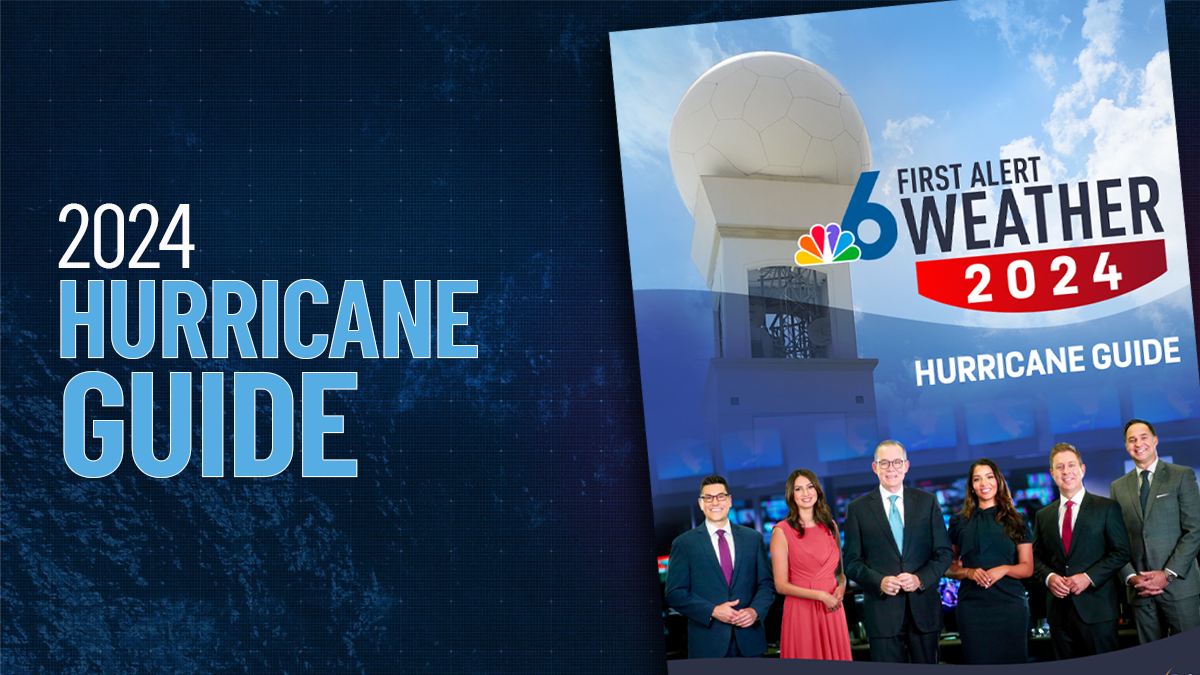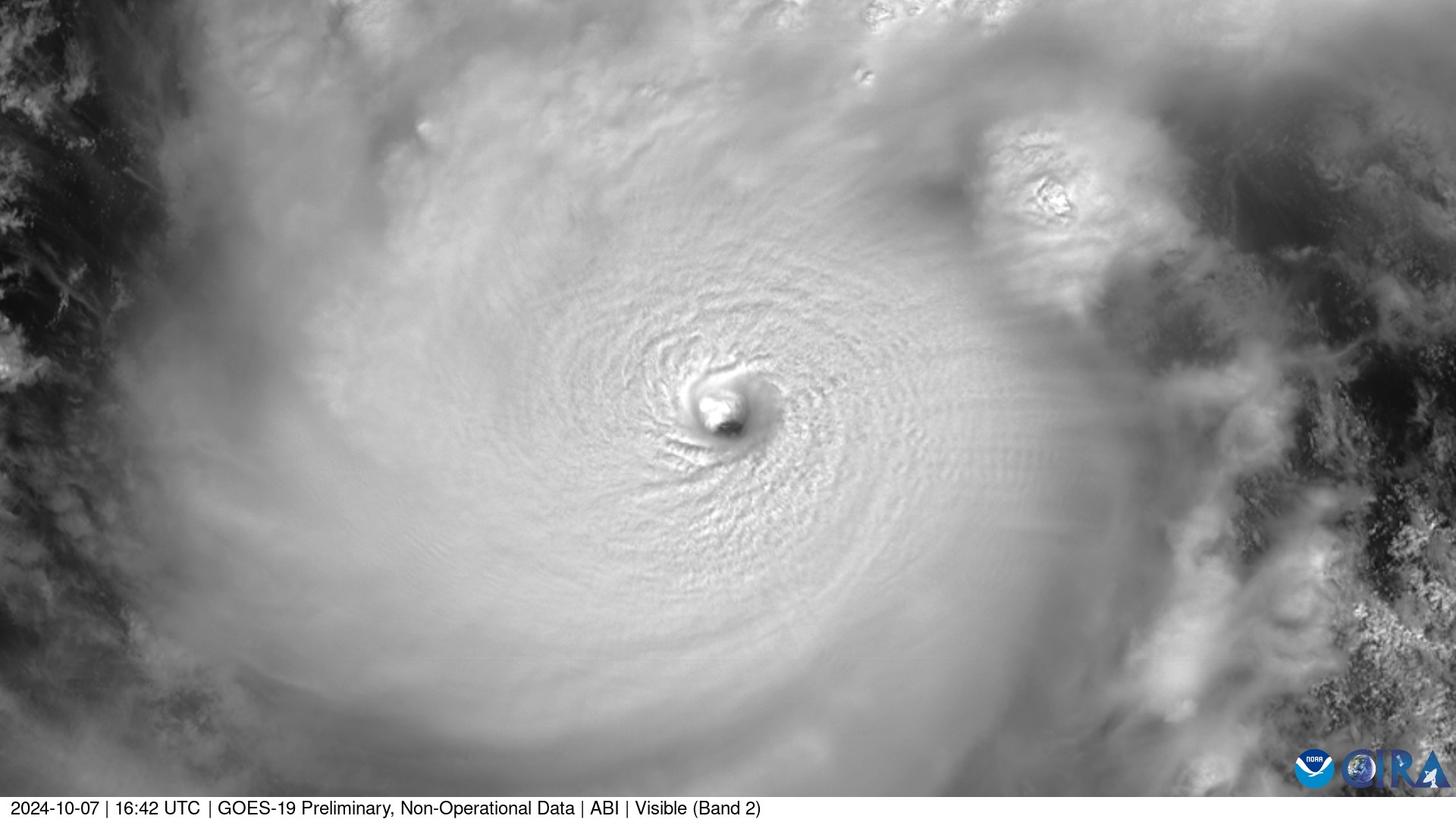All is quiet in the tropical Atlantic, for now. But it’s not going to stay that way.
Sure, this weekend and next week look storm-free. The only system coming from the east will be an upper-level low that is expected to boost rain chances in Florida by Monday.
Watch NBC6 free wherever you are
>The Saharan air layer has been widespread across the Atlantic for the past couple of weeks. That also dampens storm formation and has undoubtedly aided in giving us this tropical timeout. On average, though, Saharan dust outbreaks diminish greatly as we get deeper into summer and near the transition to fall in September. We won’t be able to count on the dust plugging the tropical formation faucet for much longer.
Wind shear, which curtails the growth of tropical storms, looks to be stronger than normal for the rest of July. That’s good news, and we can only hope it lasts. Areas with the strongest forecasted wind shear include the Gulf of Mexico, Bahamas, and a band stretching along the 20th parallel all the way to Senegal. But, with a 70% probability that the La Niña phenomenon will arrive between August and October, chances are that wind shear will lessen.
Get local news you need to know to start your day with NBC 6's News Headlines newsletter.
>That’s two reasons why, as the calendar turns to August, we’ll need to start paying attention to the tropics again.
The Main Development Region of the Atlantic, where record-setting Hurricane Beryl came from, has reached 431 days in a row (and counting) of record-breaking ocean heat content. Without that warm water, Beryl wouldn’t have become so strong, so early, so far east. There are likely to be more major hurricanes coming out of that part of the world in August and September.
We’re ahead of schedule in terms of named storms so far in the Atlantic basin. The average date upon which the third tropical storm of the year forms is Aug. 3, but we’ve already had short-lived Chris in the Gulf. Beryl was the first hurricane, and it formed a good month and a half ahead of the average date of Aug. 11. And Beryl became a major hurricane in June, not September when history says it would normally happen.
Hurricane Season
The NBC 6 First Alert Weather team guides you through hurricane season
For now, we will continue to enjoy this respite from tropical activity. But we’ll have to keep in mind that the worst part of the season lies ahead. Expect Aug. 15 to Oct. 20, or so, to be especially active.
If you haven’t given much thought to hurricane preparedness, I suggest that you move it up on your list of priorities.



